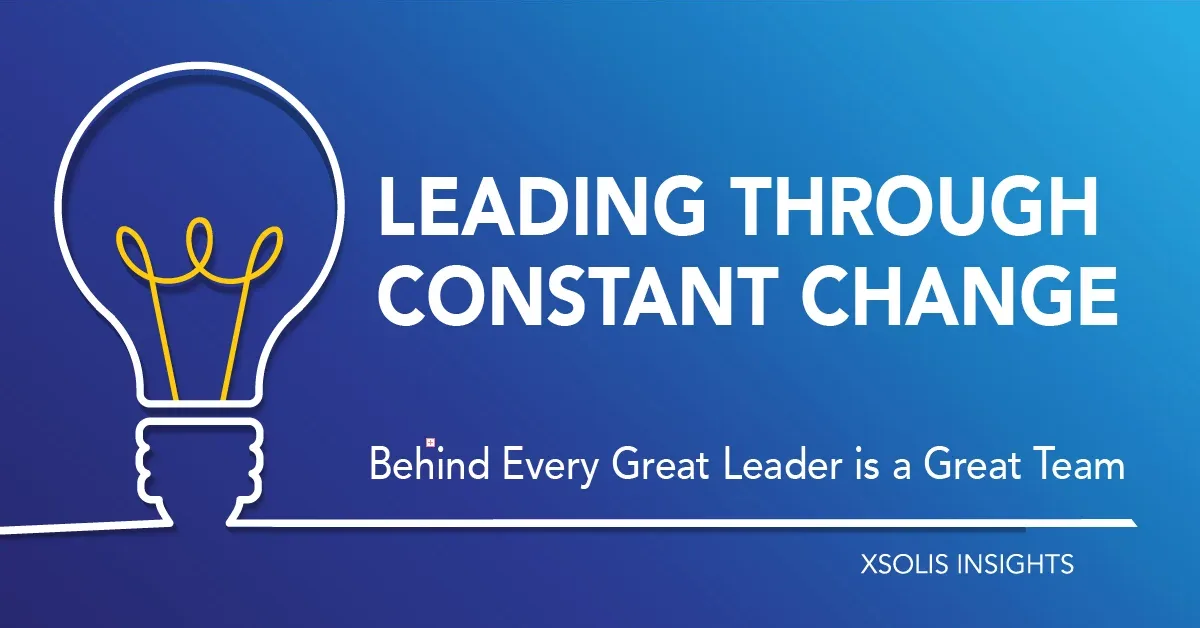Transitioning to a new software system and new related workflows can be difficult—so how can leaders help their teams stay grounded during the process and work more efficiently? That’s the big question that Lynn Leoce, executive director at AdventHealth; Debbie Schardt, Director of Revenue Cycle and Utilization Management at MultiCare Health System; and Sherri Ernst, Corporate Manager of Revenue Integrity at Covenant Health, sat down to discuss during a panel discussion at XCHANGE 2019 entitled: “Leading Through Constant Change.” P. Michelle Wyatt, director of clinical best practices at Xsolis, led the following Q&A:
Wyatt: How do you continue to advocate for your vision when seeming to lose traction or not gain momentum?
Schardt: I often have big, audacious goals. It’s taken five years to get to where we are today. As a leader, I tend to lose patience when I’m the buffer between my team and higher leadership. We can lose traction as a team when leadership doesn’t understand the value of utilization management or case management. Change is hard. But you have to remind your team that you’re making a difference in healthcare—your bringing in money to help contribute to the community, to the organization and to the future of healthcare.
Wyatt: How do you deal with tough questions and work through hard conversations with your teams?
Leoce: I’m the corporate director for 50 hospitals. With that responsibility, I’m expected to be able to provide a lot of answers on how to solve a lot of problems. I made it my business to understand what needed to change, why we needed to change, and what the right solutions were.
Ernst: I try to be true to myself and treat others as I want to be treated. I try to put myself in the shoes of the person asking the tough question. My goal is to always provide my team with the most accurate information—it’s crucial to the work they’re doing. Even when conversations are hard, my response is going to be honest and genuine.
Wyatt: How do you deal with the tension between delegating and rolling up your sleeves to get work done?
Schardt: My team doesn’t let me roll up my sleeves and do the nitty-gritty work, even when I try. They tell me what my limitations are, and I respect those boundaries. Right now, my team really needs data analysts to help with the utilization management dashboards and key performance indicator (KPI) measurements. So rolling up my sleeves currently looks like doing the work of an analyst and supporting my team in that way.
Three Key Takeaways
Behind every great leader is a great team. What advice would you give to peers who are new to Cortex or are looking to partner with Xsolis?
- Consider the possibilities. “With any technology implementation, you have to dare to ask ‘what if?’” Ernst said. “Take everything you know and ask yourself what you can do to make it better. Evaluate your organization’s tolerance for the technology and look at how it’s going to impact your entire infrastructure.”
- Don’t hesitate! “Do not waver on your decision to implement Cortex technology,” Schardt said. “Xsolis is unlike any other vendor relationship and will walk through every step with you.”
- Listen and act on feedback. “Do your best to stay connected every day to the folks who are using the platform,” Leoce recommended. “Get their feedback. We needed to hear their opinions on how it was working so that we knew the best way to help them.”
This blog is part of an ongoing recap of our user summit, XCHANGE 2019. Read more and access key sessions here.
